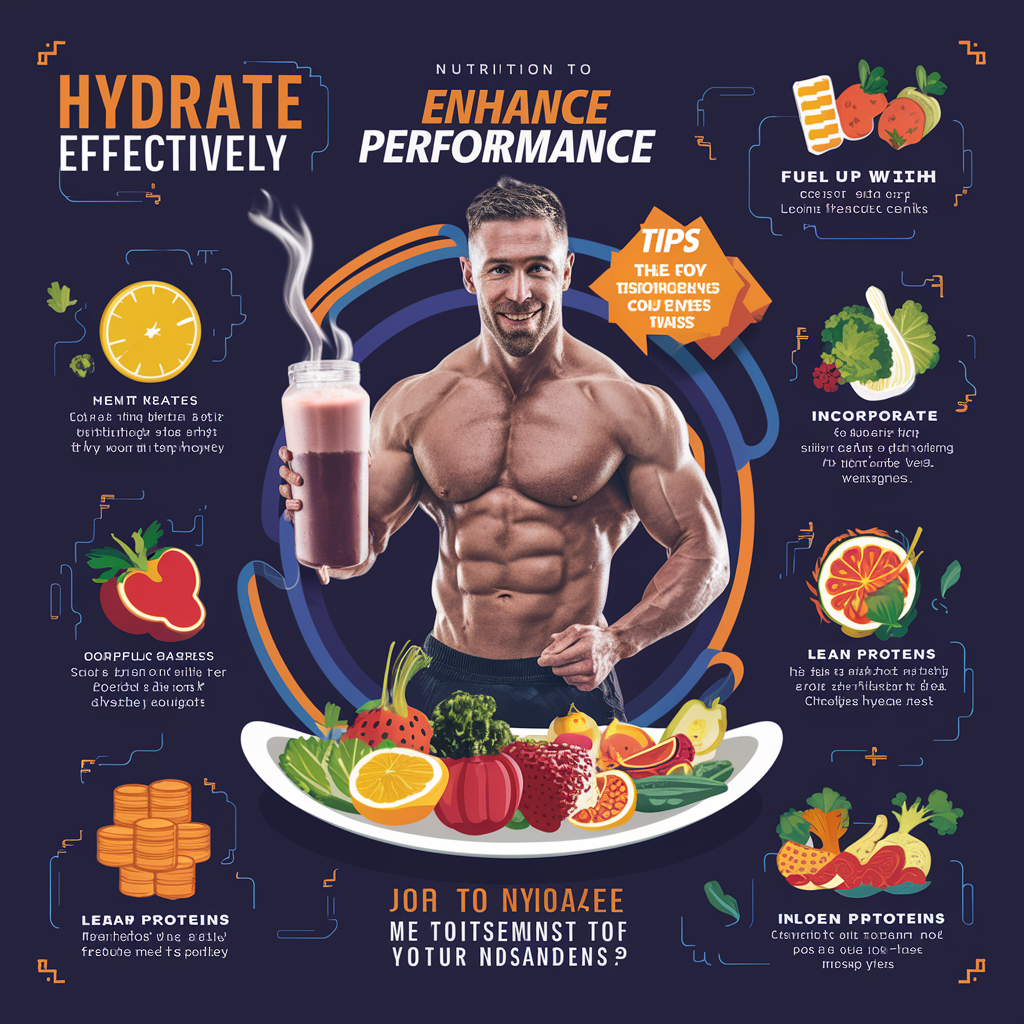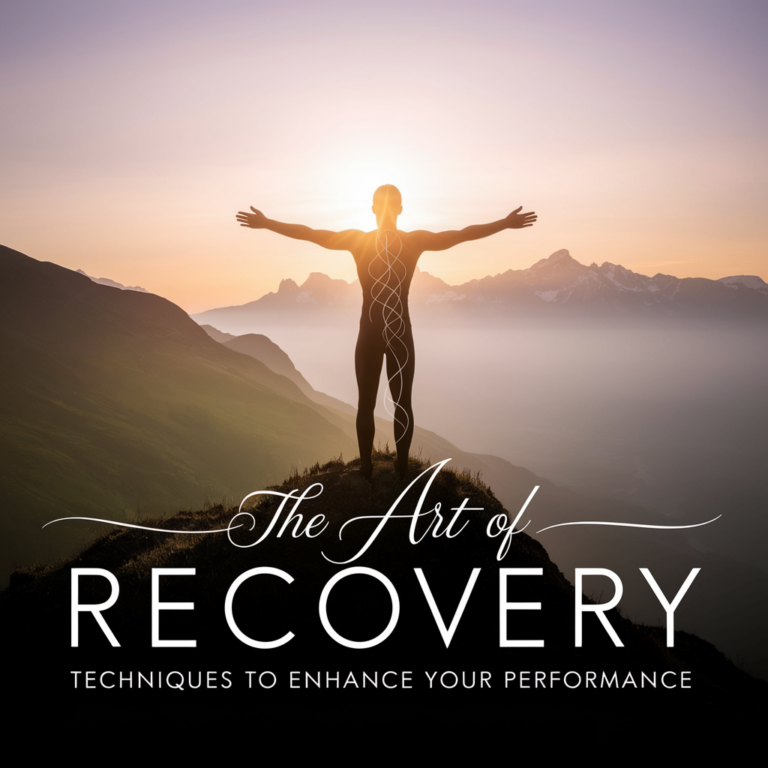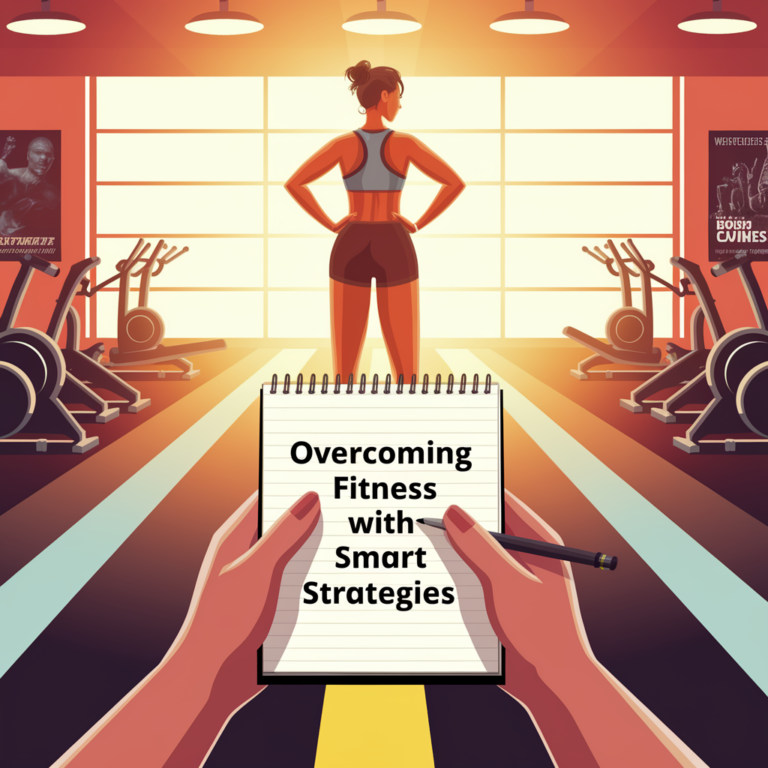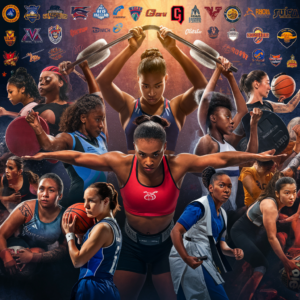Fuel Your Performance with These Nutritional Strategies
When it comes to sports and physical performance, the age-old saying “you are what you eat” rings especially true. What you put into your body can be the difference between a record-breaking performance and a disappointing finish. As an athlete—or even just someone who enjoys the occasional jog or weekend soccer game—understanding the intricate relationship between nutrition and performance can be a game-changer. So, let’s dig into some practical, evidence-based nutritional strategies that can help you fuel your performance.
Understanding the Basics of Sports Nutrition
Before we get into the nitty-gritty of specific strategies, let’s briefly cover the fundamentals of sports nutrition. You might be thinking, “Aren’t carbs, proteins, and fats all I need to worry about?” Well, yes, but there’s a bit more to it than that. It’s not just about your macronutrient intake; it’s also about timing, hydration, and quality of food.
Carbohydrates, proteins, and fats each play unique roles in fueling your body:
- Carbohydrates: Often dubbed the body’s primary energy source, carbs are essential for high-intensity training and endurance. Think of them as the fuel in your tank—without enough gas, your engine won’t run efficiently.
- Proteins: These are the building blocks of muscle. Adequate protein intake is crucial for recovery and muscle repair, especially after strenuous workouts. It’s like giving your body the tools it needs to rebuild itself stronger.
- Fats: While often demonized in the past, healthy fats are vital for long-lasting energy, hormone production, and even brain health. They are your body’s slow-burning fuel, perfect for endurance activities.
The Role of Hydration
Now, before we proceed, let’s not overlook hydration. I remember the first time I attempted to run a half-marathon without properly hydrating. Spoiler alert: it didn’t end well. Staying hydrated is not just about drinking water; it’s about maintaining the right balance of electrolytes, especially during intense exercise. Dehydration can lead to a slew of issues, including fatigue, decreased performance, and even cramps.
So, how do you ensure you’re properly hydrated? Here are a few tips:
- Drink water consistently throughout the day, not just during workouts.
- Consider electrolyte drinks during long or intense sessions, especially in hot weather.
- Monitor your urine color—pale is good, dark suggests dehydration.
Strategic Meal Timing
Meal timing can have a profound impact on performance. It’s not just about what you eat, but when you eat it. Consuming the right nutrients at the right times can help optimize your energy levels, enhance recovery, and improve overall performance.
Pre-Workout Fuel
Eating before a workout is a bit of an art. You want to fuel your body without feeling sluggish. A meal rich in carbs and moderate in protein, consumed about 1-3 hours before exercise, is ideal. A banana with peanut butter or a bowl of oatmeal topped with fruit can work wonders. Just remember, everyone’s body is different—what feels good for one person might not for another.
During Your Workout
If you’re exercising for over an hour, consider a mid-workout snack. This could be a sports drink, energy gels, or even fruit. It’s like giving your car a little boost of fuel during a long drive. Some athletes swear by gummy bears—who knew sweets could be part of a training regimen?
Post-Workout Recovery
After your workout, your body is in a state of recovery, craving nutrients to repair and rebuild. Aim for a meal that combines protein and carbohydrates within 30 minutes of finishing your session. A protein shake with a banana or grilled chicken with sweet potatoes can kickstart your recovery process.
Quality Over Quantity
While it’s essential to hit your macronutrient goals, the quality of the foods you consume matters just as much. Whole, minimally processed foods provide not only the necessary macronutrients but also vitamins, minerals, and antioxidants that play crucial roles in maintaining overall health and performance.
Consider this: a donut might give you a quick sugar rush (not to mention a brief moment of happiness), but it won’t provide the sustained energy and nutrients your body needs. On the flip side, a bowl of quinoa with vegetables and lean protein offers sustained energy, fiber, and essential nutrients. It’s like choosing between a flashy sports car with a tiny gas tank and a reliable sedan that can go the distance.
Embracing Supplements Wisely
Supplements can be a double-edged sword. I often hear athletes raving about everything from protein powders to pre-workout mixes, but it’s essential to approach supplements with caution. They’re not a magic bullet. A good diet should always come first, with supplements serving as just that—supplements.
Here are a few popular supplements that some athletes find beneficial:
- Protein Powder: Useful for those who struggle to meet protein needs through food alone.
- Creatine: Can enhance strength and muscle mass when used correctly.
- BCAAs (Branched-Chain Amino Acids): May help with muscle recovery, but whole protein sources are often just as effective.
Before diving into the world of supplements, consider consulting with a nutritionist or a sports dietitian. They can help tailor your supplement use to your specific needs while ensuring you don’t go down a rabbit hole of unnecessary products.
Mindful Eating: More Than Just Nutrition
As athletes, we often focus on the physical aspects of performance, but the mental game is just as important. Mindful eating—being present during meals and truly enjoying your food—can enhance your relationship with food and improve digestion.
I once attended a sports nutrition workshop where the speaker had us put our phones away and eat a meal in silence. It was surprisingly enlightening! Paying attention to flavors, textures, and the experience of eating can transform your meals from a mere habit into a mindful ritual. Not to mention, it can help prevent overeating.
Here are a few tips for practicing mindful eating:
- Eliminate distractions—turn off the TV, put away your phone.
- Take your time; chew slowly and appreciate each bite.
- Listen to your body—eat when you’re hungry, stop when you’re full.
Special Considerations for Different Athletes
Let’s face it: not all athletes are created equal. Each sport presents unique demands and, consequently, different nutritional requirements. The strategies discussed so far are broad and can be tailored to fit various athletic profiles. Let’s take a look at some specific considerations based on different types of athletes.
Endurance Athletes
For marathon runners, cyclists, and triathletes, carbs are king. These athletes often require a diet that is about 60-70% carbohydrates to fuel their long sessions. Think pasta, rice, and whole grains. Additionally, they need to focus heavily on hydration and electrolyte balance throughout training and competition.
Strength Athletes
Weightlifters and bodybuilders, on the other hand, need a higher protein intake to support muscle growth and recovery. A common target for these athletes is around 1.6-2.2 grams of protein per kilogram of body weight. Lean meats, fish, dairy, and legumes should be staples in their diet. And let’s not forget about healthy fats—these are also essential for hormone production and overall health.
Team Sport Athletes
For athletes in sports like soccer, basketball, or football, a balance of carbs, proteins, and fats is crucial. These athletes need sustained energy, quick recovery, and the ability to maintain focus during long games. A well-rounded diet that includes a mix of macronutrients, along with hydration strategies, will help keep them performing at their best.
Common Nutritional Pitfalls
Even the most seasoned athletes can fall into dietary traps. Here are some common pitfalls I’ve observed over the years:
- Skipping Meals: This can lead to energy crashes and overeating later on. Prioritize consistent, balanced meals throughout the day.
- Relying on Processed Foods: These often lack essential nutrients and can lead to energy slumps. Make whole foods your primary fuel source.
- Neglecting Recovery Nutrition: The post-workout window is crucial. Missing it can hinder recovery and muscle growth.
Final Thoughts: Your Journey with Nutrition
Fueling your performance is not a one-size-fits-all approach. It’s a journey of trial and error, learning what works best for your body, and adapting as you progress. I’ve seen athletes transform their performance simply by honing in on their nutritional strategies. So, whether you’re a weekend warrior or a seasoned professional, take the time to explore these nutritional strategies and find what resonates with you.
In the end, the objective is not just about improving performance but also about enjoying your journey in sports and fitness. After all, nothing beats the feeling of crossing that finish line or hitting that personal best—especially when you know you’ve fueled your body right along the way!
So, lace up those sneakers, grab a wholesome snack, and get out there. Your body—and your performance—will thank you for it!








